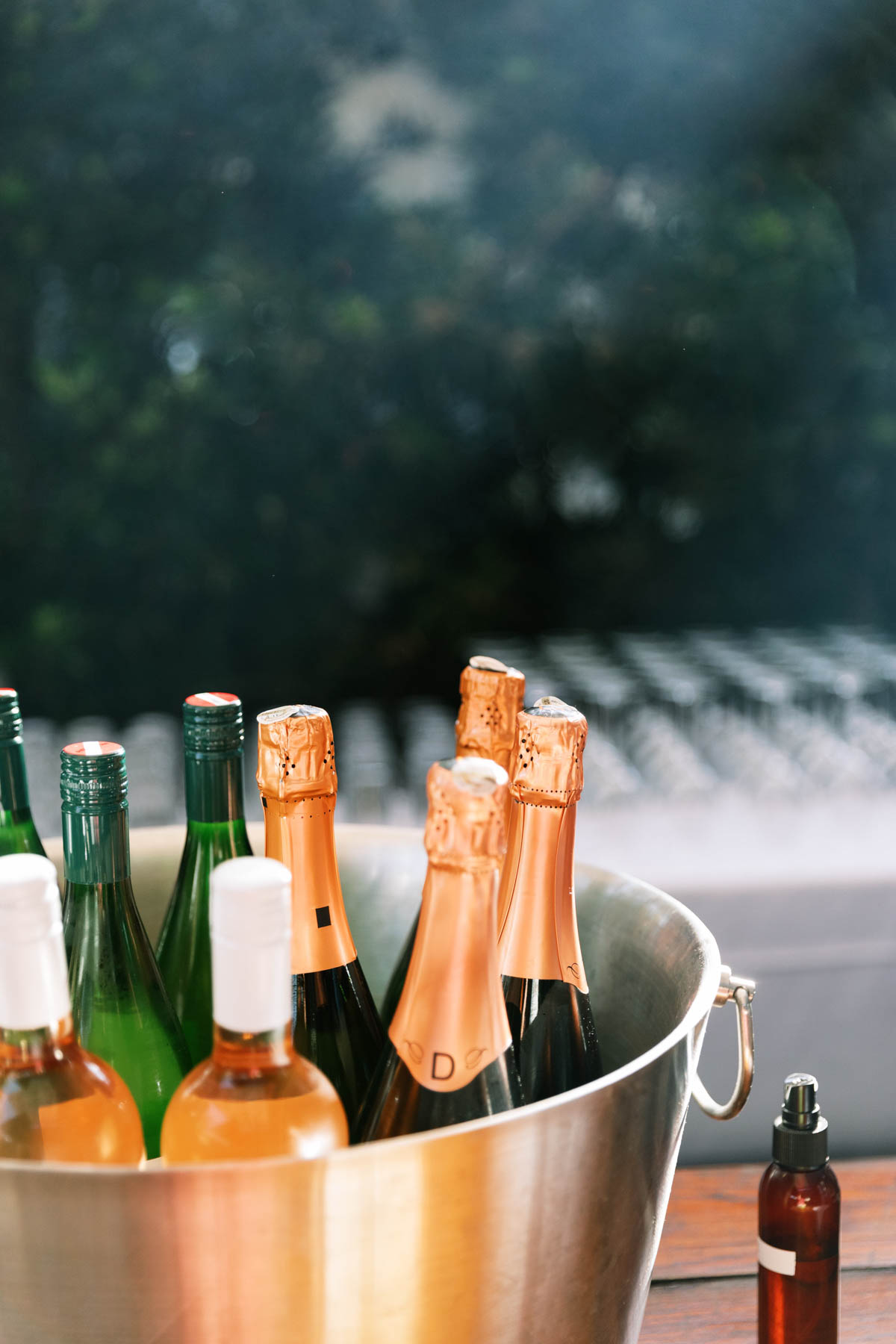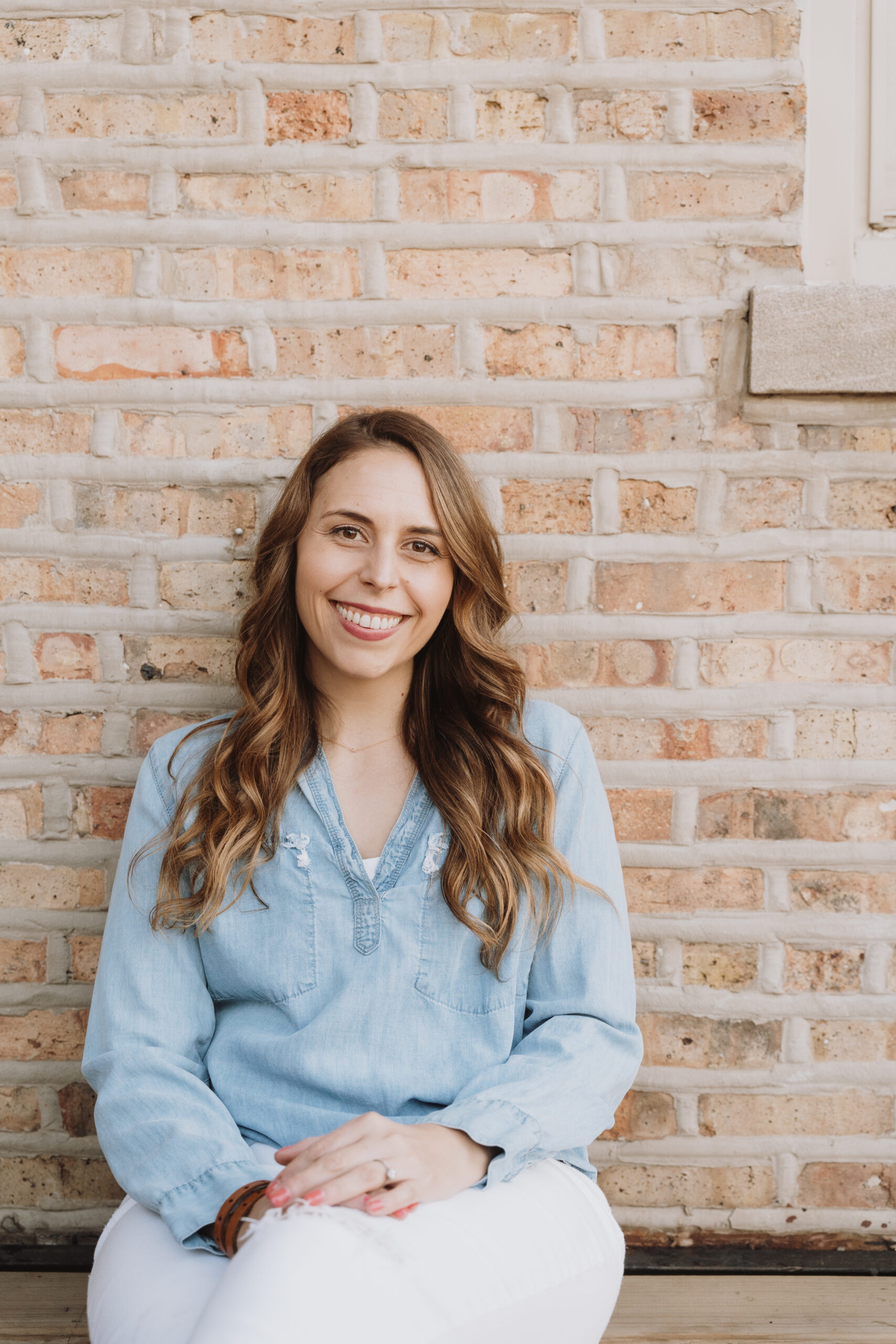Episode Transcript
Navigating Binge Eating and Alcohol in Recovery: Understanding the Connection
Hey there, it’s Ryann, your guide at the Food Freedom Lab. Today, let’s dive into a common question I receive about binge eating, recovery, and alcohol. If you’ve ever wondered why everything seems to unravel after a few drinks in recovery, you’re not alone. Let’s unpack this together.
The Connection: Understanding Your Brain on Alcohol
Before we delve into the question, let’s explore what happens to your brain when you drink alcohol. Alcohol is a depressant, meaning it slows down your brain’s functioning. The key player here is the prefrontal cortex, responsible for attention, impulse control, and decision-making.
BAC Levels and Their Impact
Understanding blood alcohol concentration (BAC) levels is crucial. As you drink, your BAC rises, affecting your cognitive functions. At lower levels, you feel relaxed, but as it increases, inhibitions lower, and judgment becomes impaired. Beyond a certain point, motor control is affected, leading to slurred speech and loss of balance.
Why Everything Unravels After a Few Drinks: A Scenario
Now, let’s apply this to binge eating in a hypothetical scenario. Imagine you’ve had a week of intense food restrictions, and that critical voice in your head has been relentless. Finally, it’s the weekend, and you decide to reward yourself with some drinks. As your BAC rises, that critical voice fades, and you feel liberated.
The Impact on Decision-Making
With lowered impulse control, future planning goes out the window. You find yourself thinking about all the forbidden foods, and the desire for a binge intensifies. The logical and reasoning part of your brain takes a back seat, leaving you with an overwhelming urge to indulge.
Comparison to a Child’s Rebellion
Think of it as a child who rebels when the strict rules are momentarily lifted. The level of control we exert is often proportional to the loss of control when those constraints are lifted. It’s a psychological dynamic that mirrors the child going wild after leaving strict parents.
Recommendations for Dealing with This Dynamic
Firstly, be gentle with yourself. Recognize that you’re learning and evolving. Focus less on what you eat when you drink and more on relinquishing control when you’re sober. Secondly, consider assessing your drinking habits. Taking a break from alcohol can be immensely beneficial in the process of healing your relationship with food.
Personal Experience: A Break from Alcohol
Sharing my personal experience, taking a break from alcohol was pivotal in my recovery journey. Alcohol didn’t offer me anything more than what I experienced sober. In fact, it exacerbated my depression symptoms. If taking a break feels intimidating, ask yourself if you’re willing to prioritize healing and explore the benefits.
Final Thoughts
If you find that food is a challenge, especially when drinking, hidden restrictions when sober might be at play. Imagine a rubber band—release the tension when you’re sober, and the need for a binge might diminish when you drink. What might happen if you challenged that inner voice and took a break from drinking to prioritize healing?
Closing Thoughts
Thank you for being part of the Food Freedom Lab. Remember, each step forward in your journey is a step toward a more liberated and fulfilled version of yourself. Until next time, take care!
Links
Ryann Nicole
Licensed Therapist, Certified Nutritionist, and Virtual Wellness Coach
Ryann is a licensed therapist and virtual wellness coach who has assisted individuals worldwide in establishing a healthier relationship with food and their bodies.
Are You Ready to Heal Your Relationship With Food?
I understand—it can be overwhelming to figure out where to begin. Let's simplify things and have you start right here:
Why Am I Overeating?
First Steps To Stop Binge Eating
The Food Freedom Lab Podcast
FREE QUIZ
FREE GUIDE
Podcast
the food freedom lab podcast



